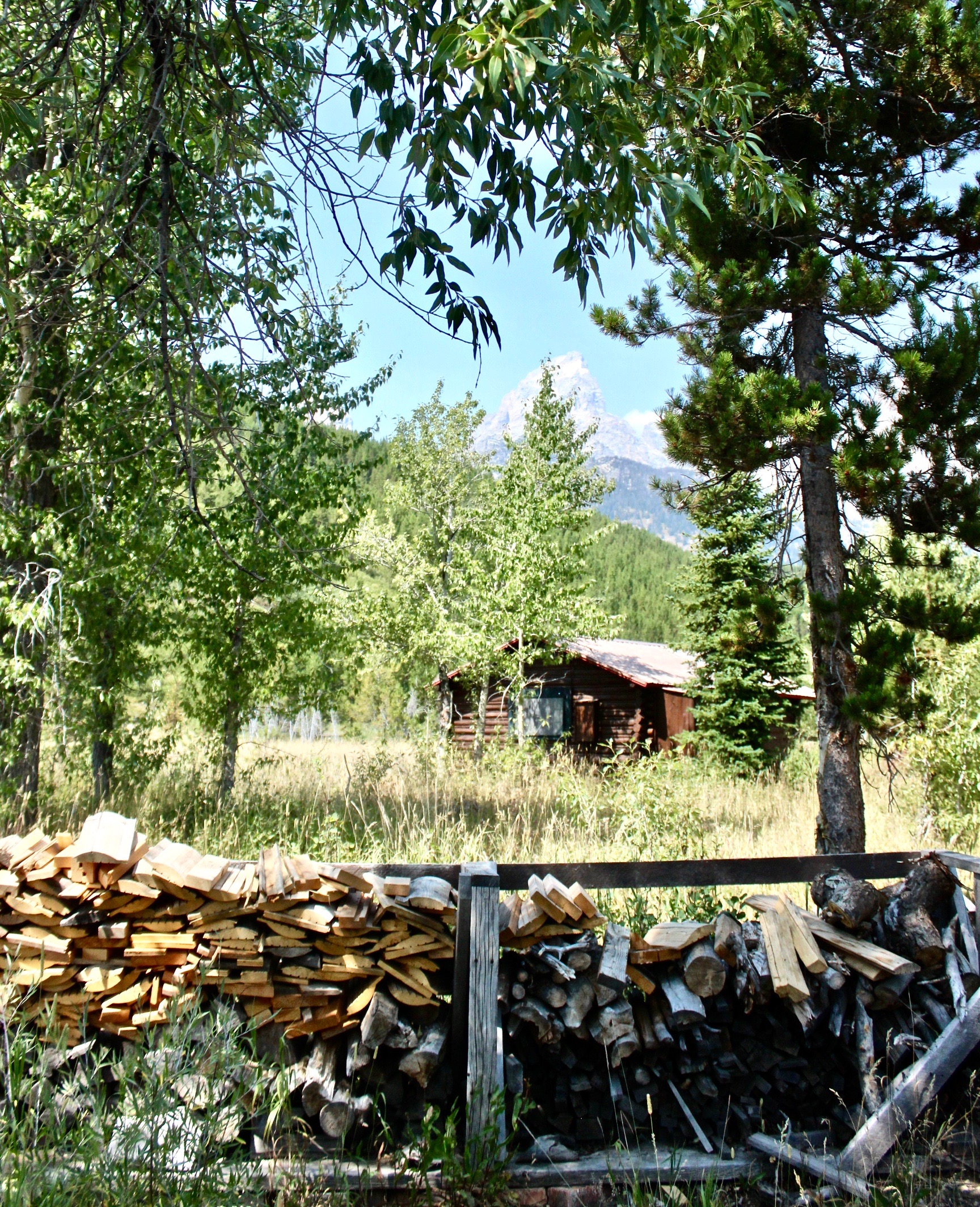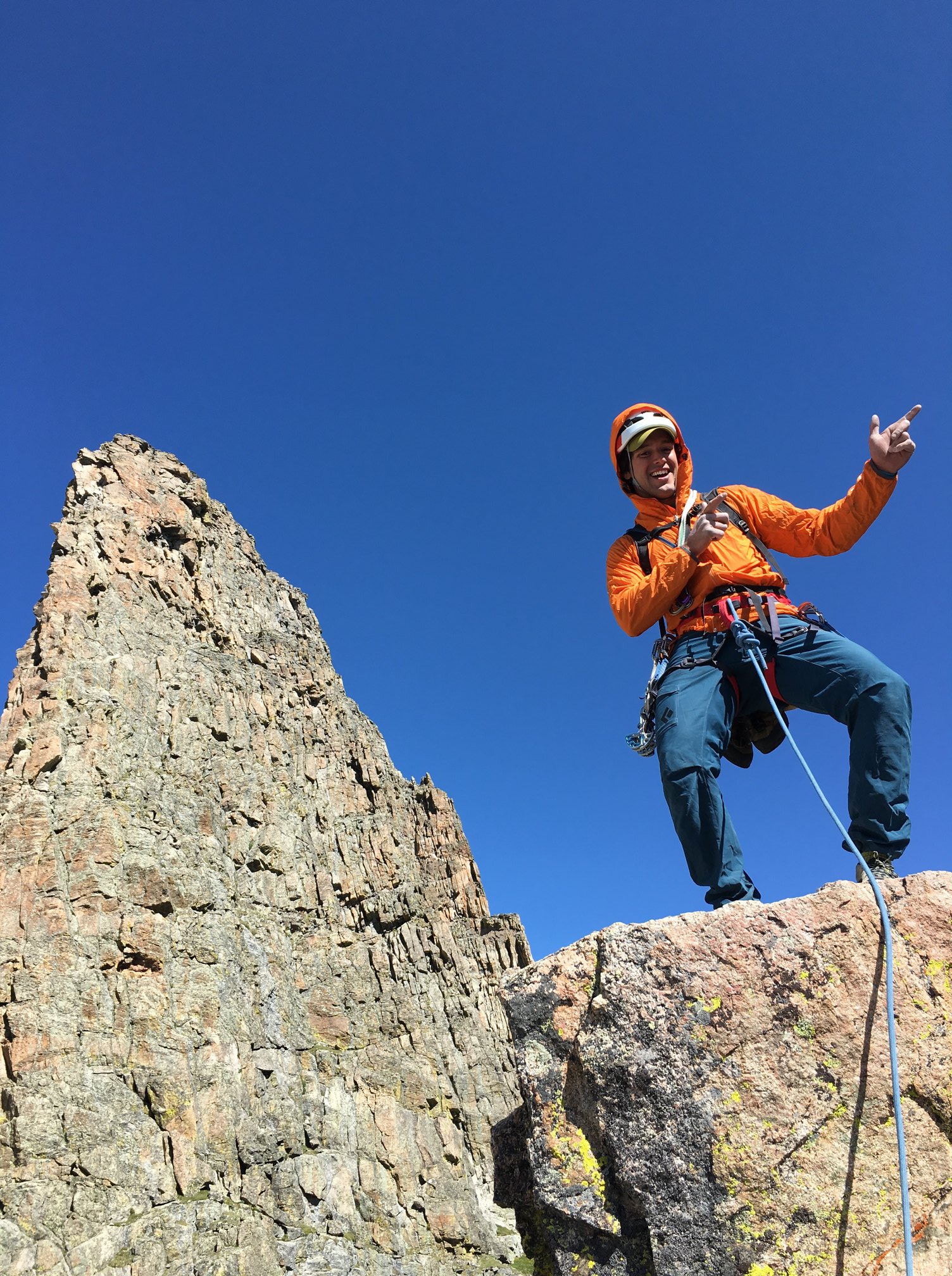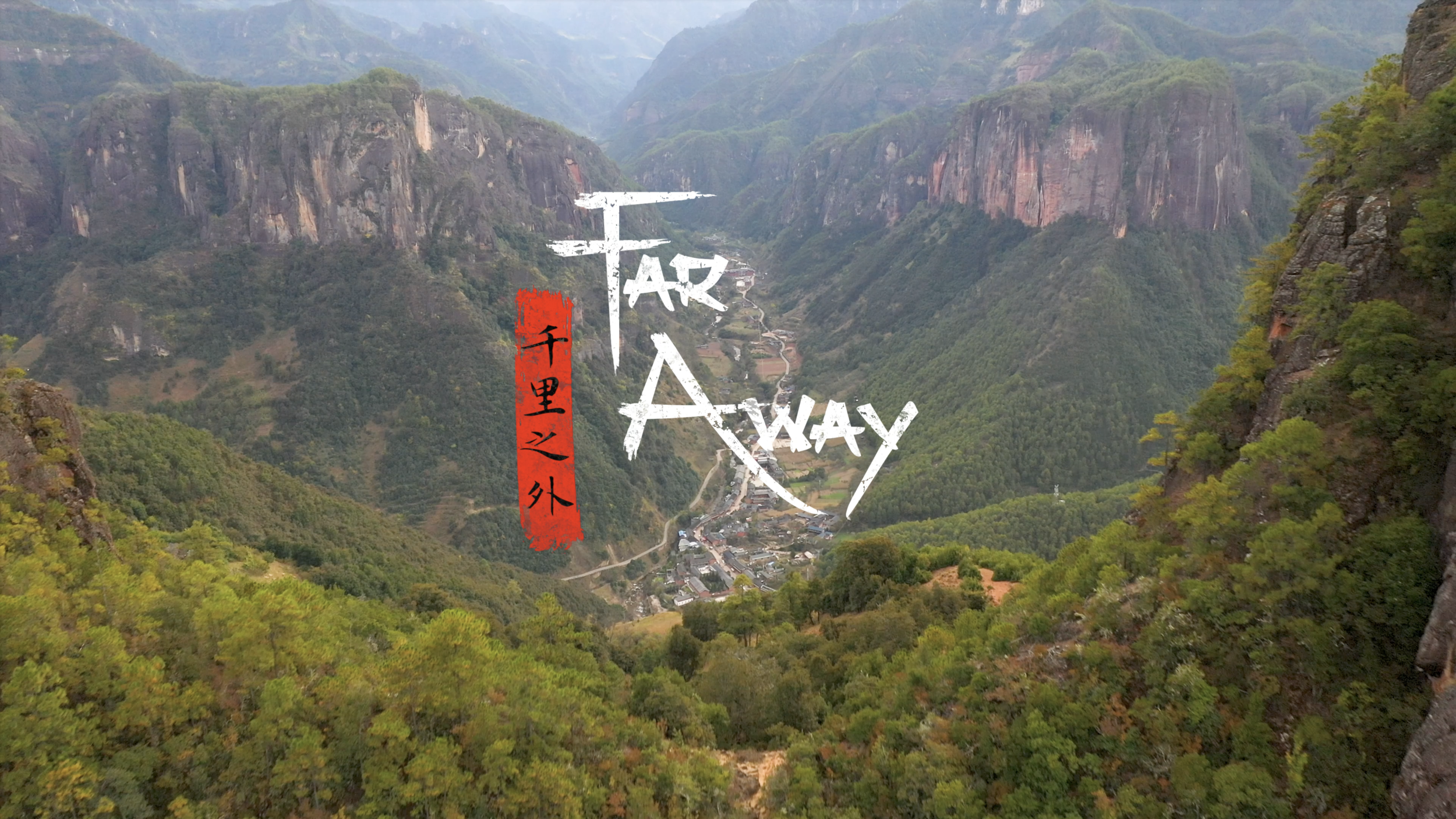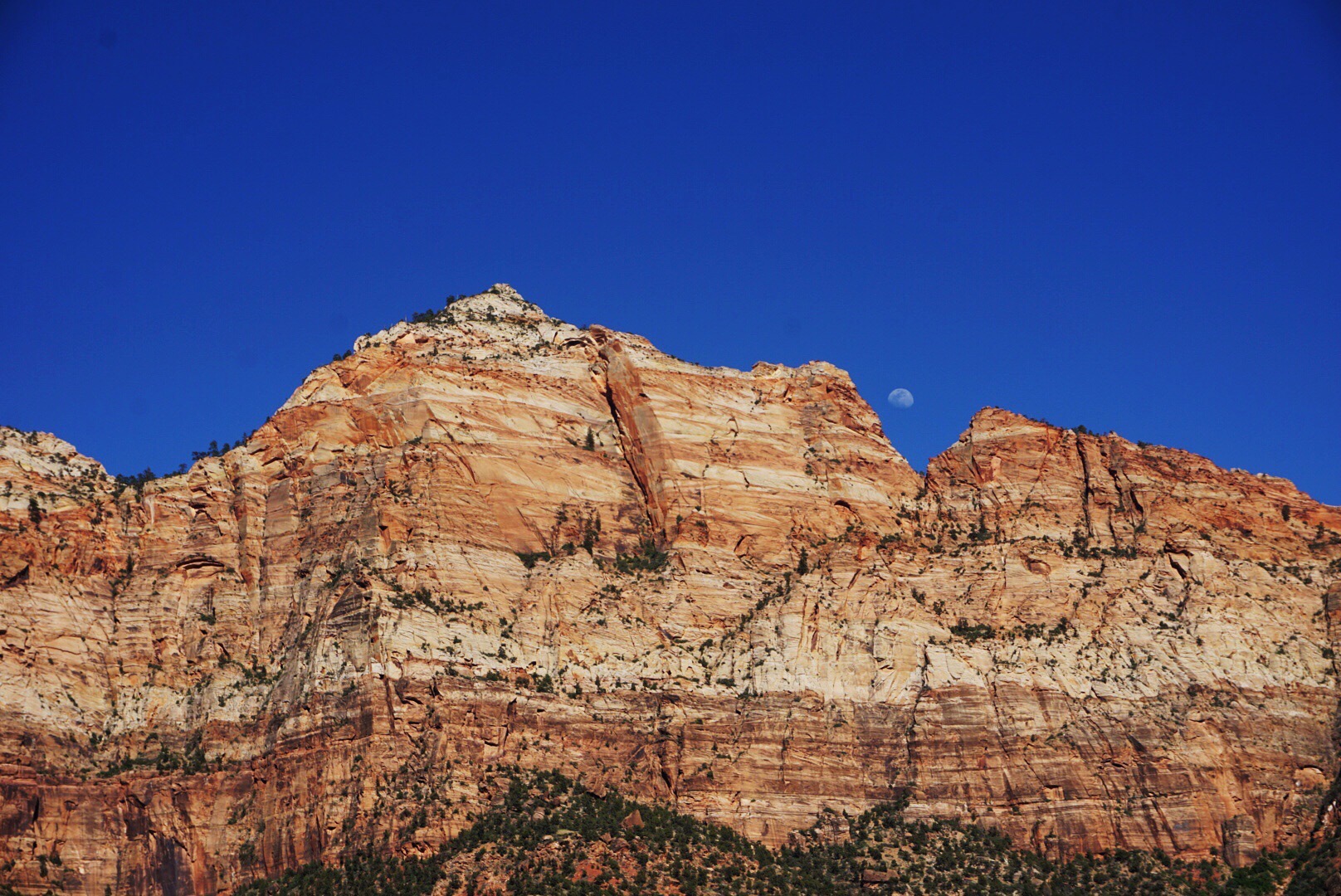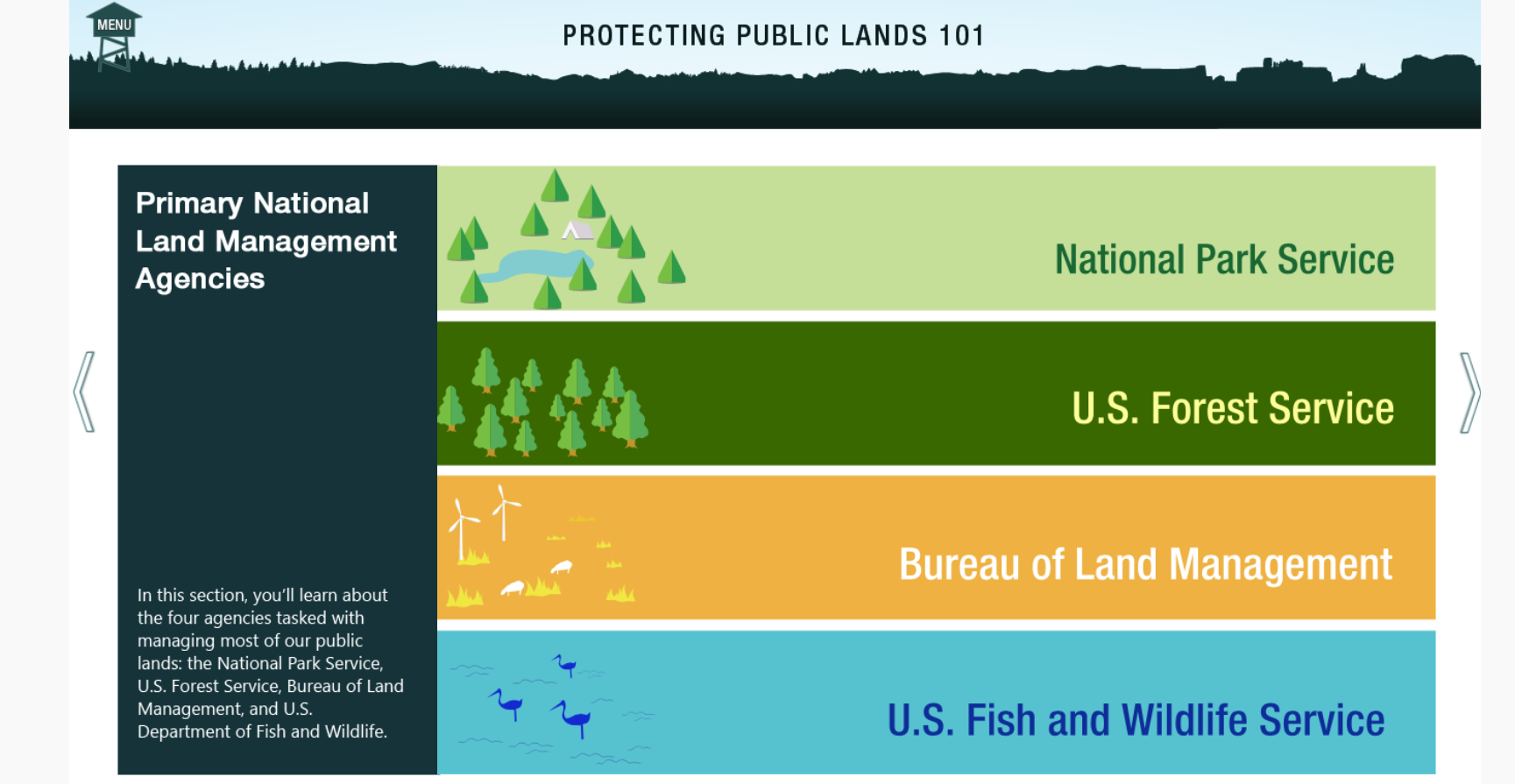March 26, 2019, Golden, CO—The American Alpine Club (AAC) is proud to announce the recipients of the 2019 Research Grants, powered by the National Renewable Energy Lab and Ridgeline Venture Law, with support from Four Points, Kavu, and the following endowments: Arthur K. Gilkey Memorial Fund and the Bedayn Research Fund. This year, the Club is awarding more than $16,000 to researchers pursuing scientific endeavors in mountain environments around the world.
“We are proud to support these valuable research projects,” said AAC Policy Manager Taylor Luneau. “The work that young climber scientists are doing in the mountains reveal important findings on many aspects of climbing such as a changing climate and stewardship and land management strategies for healthy and resilient ecosystems. Ultimately, we hope this research can be used to inform climate and land use legislation to the benefit of all climbers and outdoor recreationists.”
Megan Behnke - $1,500
Smoky ice: How have alpine and glacier tourism impacted Juneau Icefield biogeochemistry?
Megan Behnke is a Ph.D. student in Earth, Ocean, and Atmospheric Sciences at Florida State University. She plans to travel to the Juneau Icefield, in coastal Southeast Alaska, to study the impact of tourism on the local icefield-to-ocean ecosystem.
Scott Braddock - $1,500
Climate impacts on the glaciers and wildlife of the Southern Patagonian Icefield, Chile
Scott Braddock is a Ph.D. student in Earth and Climate Sciences at the University of Maine. His research focuses on identifying the dominant mechanism of glacier acceleration in the Southern Patagonia Icefield, and retreat impacts on glacier stability and biodiversity in Bernard O’Higgins National Park.
Jesse Bryant - $1,500
A policy science inquiry into the cultural conflict in Ten Sleep, WY
Jesse Bryant is a Masters student in Environmental Management at Yale. His research aims to systematically chart a comprehensive picture of the resource questions in Ten Sleep by employing an interdisciplinary multi-method approach called the policy science framework. Ultimately, this study may act as a guide for national climbing advocacy groups and local groups in Ten Sleep to clarify the source of apparent “problems,” discover common interests with locals, and build a more collaborative climbing management strategy in Ten Sleep Canyon.
Donovan Dennis - $1,270
Mountain stability in a warming world: investigating environmental controls on frost weathering in cold regions
Donovan Dennis is a Ph.D. student in Earth Science at the GFZ German Research Centre for Geosciences in Potsdam, Germany. Dennis’ research will focus on investigating the magnitude of weathering on recently exposed (de-glaciated) bedrock experiencing different climate conditions. The Juneau Icefield (JI) is an ideal setting to test these effects, as it has an abundance of recently exposed bedrock and, additionally, a strong climate gradient across the east-west axis of the icefield. The proposed work on the JI will be carried out in collaboration with the Juneau Icefield Research Program (JIRP).
Juliann Allison - $1,157
The role of climbers' identities, ethics and activism in conserving and preserving sandstone climbing areas
Juliann Allison is an Associate Professor and Department Chair of the University of California, Riverside, Gender & Sexuality Studies department. Her research will focus on examining climbers’ identities as sources of environmental ethics, and climbing practices that are most likely to motivate their participation in individual and organized conservation programs to support the long-term ecological viability of sandstone climbing areas.
Georgia Harrison - $1,300
Impact of rock-climbing disturbance and microhabitat characteristics on cliff-face vegetation communities of the Linville Gorge Wilderness Area
Georgia Harrison is a Master’s student in Biology at Appalachian State University. Her team looks to determine the relative influence of rock-climbing activity, cliff-face microtopography, and microclimate on the cliff-face vegetation communities of the Linville Gorge Wilderness Area (LGWA). In addition to improving current plant inventory records, their study will provide land managers with information regarding the potential impacts of recreational rock climbing on cliff-face plant communities in the LGWA.
Dara Miles - $683
Golden eagle nest monitoring in Boulder Canyon rock climbing areas (in collaboration with the National Forest Service)
Dara Miles is the Director of the Boulder Climbing Community’s (BCC) Eagle Monitoring Program. In collaboration with the National Forest Service, BCC works with local climber-volunteers to monitor Golden Eagle nests in Boulder Canyon, CO. This grant will fund additional equipment to assist volunteers and the Forest Service in their ongoing monitoring of the eagles and their habitats in a popular climbing area.
Wade Parker - $1,500
A floristic survey of Buckeye Knob bouldering area: inventory and climber education
Wade Parker is the Vice President of the Carolina Climbers Coalition (CCC), a Local Climbing Organization based in Raleigh, NC. The CCC, working with two local cliff ecologists and climbers, will conduct a floristic inventory at the Buckeye Knob bouldering area in Watauga County, NC. This information will be used to educate all visitors and foster greater stewardship in support of a healthy, resilient, local ecosystem.
Jeffrey Perala-Dewey - $1,500
Climbing with contaminants: quantifying atmospheric deposition of polycyclic aromatic hydrocarbons (PAH) into the snowpack of Utah's Wasatch Mountains
Jeffrey Perala-Dewey is a Ph.D. student in the Department of Chemistry and Biochemistry at Utah State University. This study will benchmark the level of PAH deposition into the Wasatch Range. Determination of both the magnitude of alpine contamination as well as the type of contaminants found in the Wasatch Range will provide a valuable starting point for further research in the region. Results will indicate whether these contaminations may be ecologically significant during spring snow melt.
Brianna Rick - $1,500
Rock glaciers as climate resilient cold-water reservoirs in alpine basins
Brianna Rick is a Ph.D. student in Geosciences at Colorado State University. Her research focuses on quantifying the volume of ice within the Lake Agnes rock glacier in Colorado, a permafrost feature containing internal ice layers more resilient to climate change. This research will aid in understanding current and potential future stream flow contributions of rock glaciers.
Wilmer Esteban Sanchez Rodriguez - $1,350
Impact of the black carbon on the melting of Vallunaraju Glacier in the Cordillera Blanca
Wilmer Esteban Sanchez Rodriguez is a researcher working with the American Climbers Science Program in Peru. Their work with this project proposes to estimate the melting of the Vallunaraju Glacier in the Cordillera Blanca as a result of black carbon particle distribution and solar radiation across the glacier.
Anais Zimmer - $1,430
Future of periglacial landscape: alpine ecosystems and deglaciation in the tropical Andes and French Alps
Anais Zimmer is a Ph.D. student at the Department of Geography and Environment at the University of Texas at Austin. The long-term goal of this project is to examine the complex reciprocity between climate, high alpine ecosystems, and human systems, through a comprehensive reconstruction of the dynamics of communities and of species assemblages after glacial retreat. Her project will focus equally on ecological processes and human systems to sustain livelihood activities and downstream services.
Learn more about the AAC Research Grants: americanalpineclub.org/research-grants



